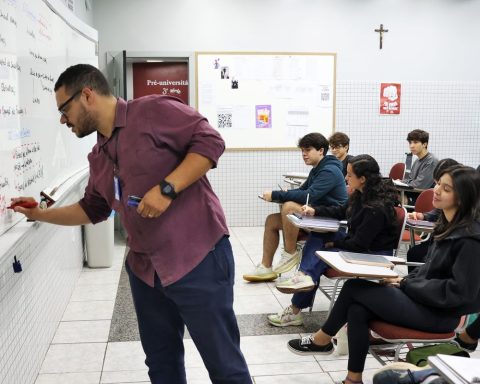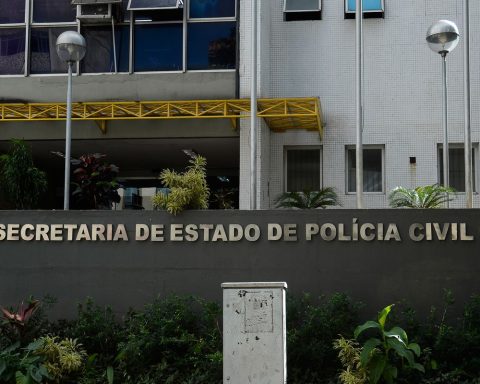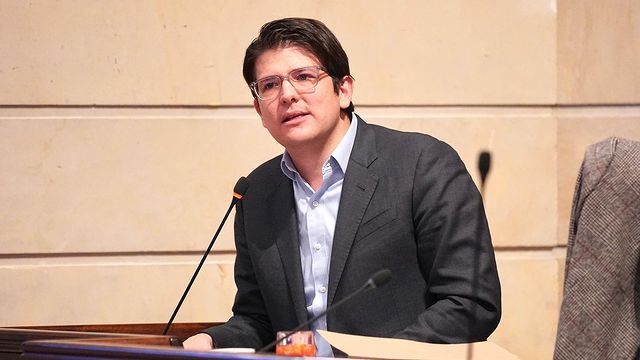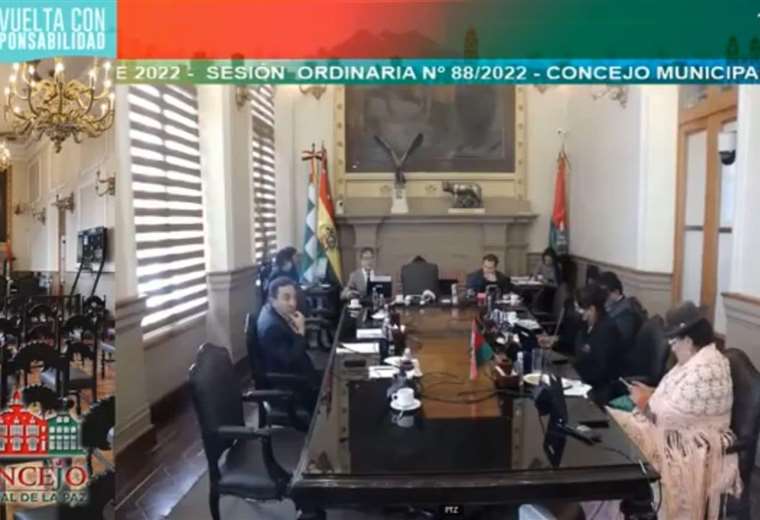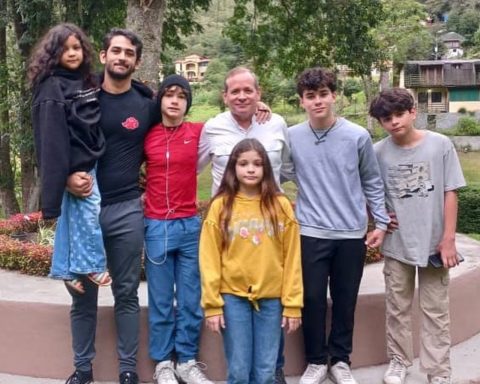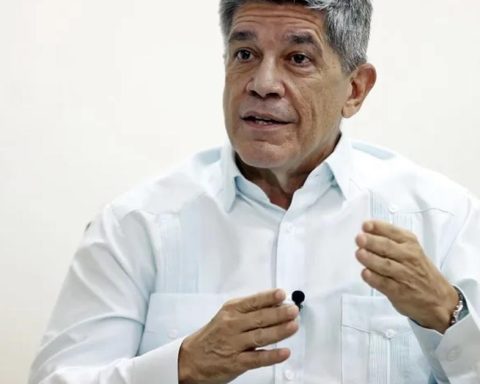The transition team of the new government identified contracts considered suspicious in the current management of the Ministry of Women, Family and Human Rights. The information was given this Thursday (8th), in Brasília, at a press conference of the members of the human rights working group (GT), who are making a diagnosis of public policies in the sector. 
“Two contracts caught our attention. One for a drinking fountain and the other for the rental of cranes. The two contracts add up to a figure of R$ 172 million. The government has a moral and legal obligation to explain these contracts”, said the state deputy of São Paulo Emídio de Souza (PT), member of the WG.
The transition team did not know how to inform the purpose of the contracts, nor disclosed related documents, but informed that the indications have already been denounced in a representation sent to the Federal Audit Court (TCU) this Thursday.
“The information we had, and we took it to the TCU, is that this water fountain company is here in Gama [região administrativa do Distrito Federal] and its majority shareholder is a gentleman who is a driver of cargo and people”, said congresswoman Maria do Rosário (PT-RS), former Minister of Human Rights and member of the transition team.
The report got in touch with the ministry, which sent the answer by emailin which it says that “the said group did not present evidence” and asks that “this be forwarded” so that it can position itself.
Revocations
The transition team informed that it will propose to the new government the repeal of acts that would have compromised social participation in the discussion of public human rights policies in Brazil. Maria do Rosário gave the example of changing members of the National Commission on Political Deaths and Disappearances and the Amnesty Commission. According to the deputy, part of the members of the collegiate, although they have been legally appointed, do not meet the legal criteria provided by law for the occupation of public function.
“The appointments of people to these areas in the current government violate the legislation because the commissions were positioned against those who fought for democracy in Brazil. We do not say that there is irregularity in the appointment, because it is a free appointment. 1995, and another law, from 2021, objectively deal with the characteristics necessary for people to be part of these commissions. the deputy.
The working group also criticized the budget execution of the Human Rights portfolio in 2022, in which it would have been liquidated at just 18% of the planned total. In addition, about 40% of the resources have been committed (reserved). “Out of just over BRL 900 million in 2022, BRL 170 million were paid, around 18%. And committed, 40%”, highlighted Emídio de Souza.


